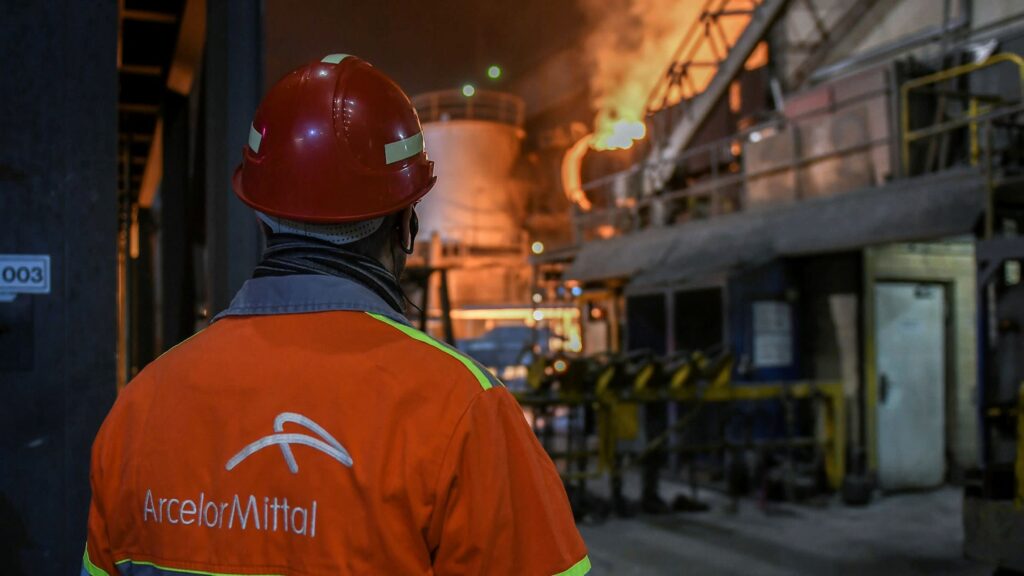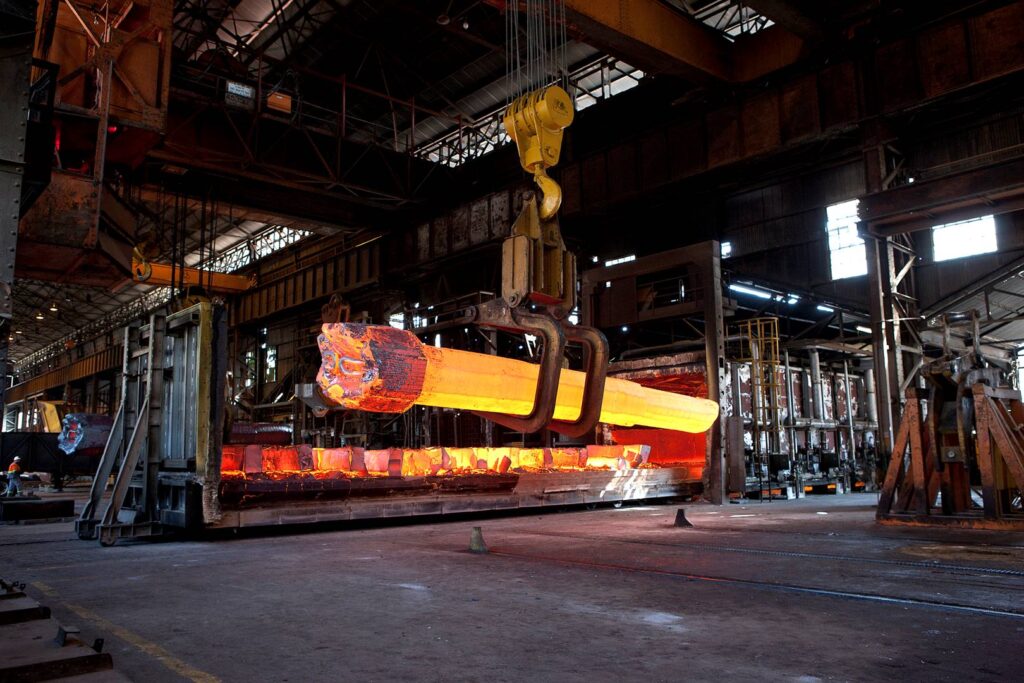The closure of ArcelorMittal South Africa’s (AMSA) long steel business marks a turning point for the country’s automotive sector and economy. This decision is expected to affect thousands of jobs and disrupt key industries reliant on local steel production. Let’s break down the details, impacts, and responses to this significant development.
Why AMSA is Closing Its Long Steel Business
AMSA, the largest steel producer in South Africa, has announced that its long steel business will shut down due to persistent financial losses. This decision was made after a year of discussions with the government and other stakeholders.
Key Reasons for the Closure:
- Economic Pressures: South Africa’s struggling economy and high operational costs have made it difficult for AMSA to remain competitive.
- Logistical and Energy Challenges: Ongoing energy issues, such as frequent power outages, and logistical inefficiencies have further strained the business.
- Competition from Imports: Cheaper steel imports have made it difficult for AMSA to maintain market share.

Impact on Jobs and the Automotive Sector
The immediate closure of AMSA’s long steel operations will have a ripple effect across various industries, especially the automotive sector.
Job Losses:
- Nearly 3,500 jobs will be directly and indirectly affected in the initial phase.
- Long-term projections suggest that over 100,000 jobs could be at risk if the automotive sector faces sustained disruptions.
Automotive Sector Challenges:
- Local Steel Dependency: AMSA supplied around 70 kilotons of specialty steel annually to South Africa’s automotive manufacturers. The closure will force companies to import steel, leading to:
- Higher costs (up to 25% increase due to import expenses).
- Longer lead times for manufacturing components.
- Potential delays in production schedules.
- Competitiveness at Risk: The automotive industry accounts for approximately 15% of South Africa’s exports. Rising costs and supply chain disruptions could make the sector less competitive globally.
Broader Economic Implications
The steel industry plays a vital role in supporting South Africa’s economy. AMSA’s closure could hinder progress in key sectors like:
- Manufacturing: Higher steel costs may impact the production of goods.
- Mining and Construction: These sectors rely heavily on local steel for infrastructure development.
If the situation remains unresolved, the automotive industry’s contribution to the GDP and exports could decline, with significant implications for economic growth.

Government and Stakeholder Responses
Government Efforts:
The Department of Trade, Industry, and Competition (DTIC) has emphasized its commitment to finding a sustainable solution. The government recognizes the steel industry’s role in industrialization, localization, and job creation.
- Discussions with AMSA: Trade Minister Parks Tau revealed that talks are ongoing to explore ways to prevent the closure. The government is optimistic about a positive resolution.
- Focus Areas: Efforts are being directed toward improving productivity, boosting supply chain efficiency, and investing in low-carbon technologies to reclaim market share.
Stakeholder Concerns:
- Automotive Manufacturers: Companies in this sector are weighing their options, including stockpiling steel or sourcing it from global suppliers. However, these choices come with higher costs and logistical complexities.
- National Association of Automotive Component and Allied Manufacturers (NAACAM): CEO Renai Moothilal warned that AMSA’s exit could harm the entire automotive value chain, leading to job losses and reduced competitiveness.
Future Outlook for the Industry
The closure of AMSA’s long steel business presents a critical juncture for South Africa’s automotive and steel industries. Moving forward, the following steps are crucial:
- Government-Industry Collaboration: Both parties must work together to address structural challenges and create a competitive environment for local steel production.
- Diversifying Supply Chains: Automotive manufacturers should explore sustainable ways to source steel without significantly increasing costs.
- Investments in Technology: Embracing advanced, low-carbon technologies could help the steel industry regain its global competitiveness.
Conclusion
The closure of AMSA’s long steel business is a wake-up call for South Africa’s economy. While the immediate impacts are concerning, proactive measures by the government and stakeholders could mitigate long-term damage.
Protecting the steel and automotive sectors is crucial not only for preserving jobs but also for maintaining South Africa’s position in the global market.
This article has been carefully fact-checked by our editorial team to ensure accuracy and eliminate any misleading information. We are committed to maintaining the highest standards of integrity in our content.
Filza specializes in simplifying financial topics for everyday readers. Whether breaking down Canada’s tax guides or U.S. benefits like SNAP and VA Disability, Filza’s relatable writing style ensures readers feel confident and informed. Follow her insights on LinkedIn or reach out via email at shewrites.health@gmail.com.









